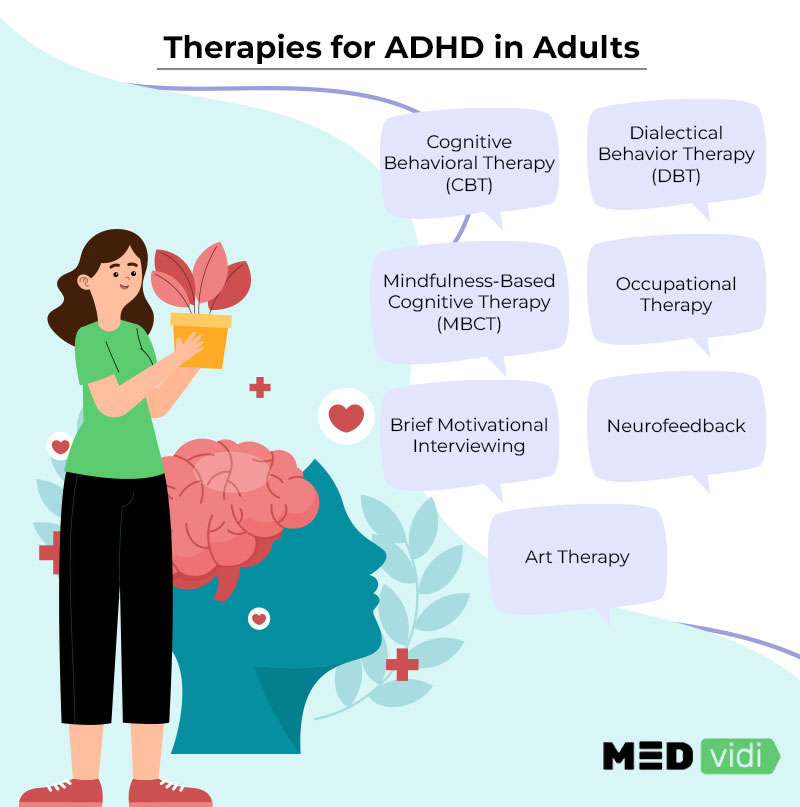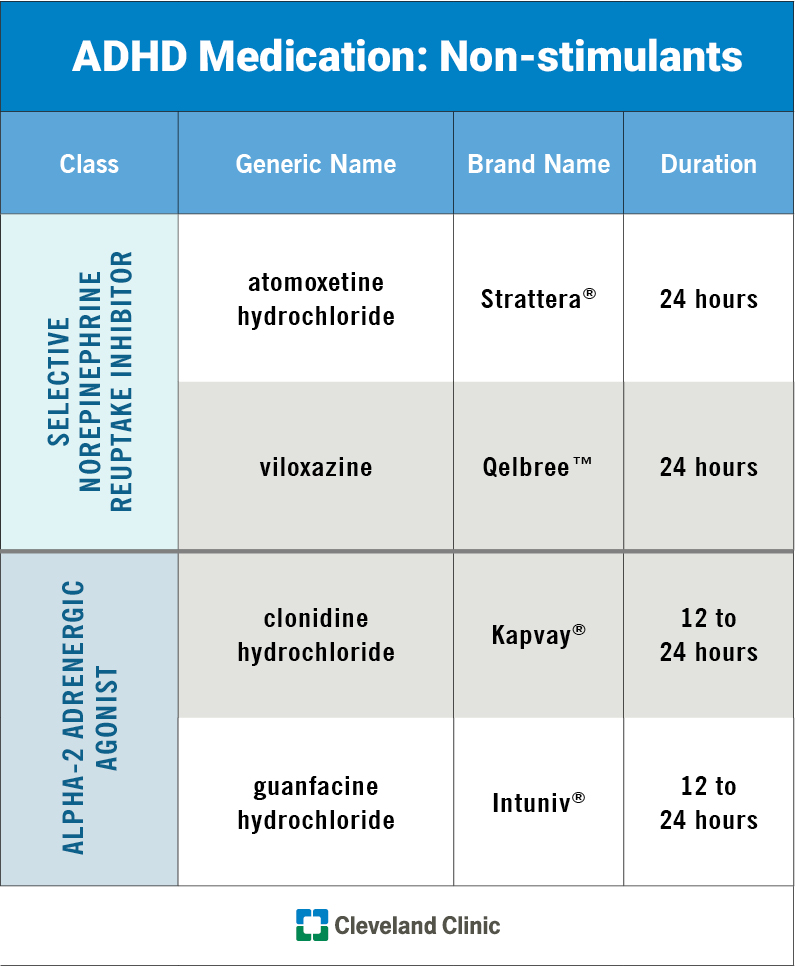Behavioral Health Services Offered for Focused Wellness
Behavioral Health Services Offered for Focused Wellness
Blog Article
Your Overview to Discovering the Right ADHD Treatment for Long-term Results
Browsing the complexities of ADHD therapy requires a nuanced understanding of both the problem and the myriad options available for efficient management. It is important to acknowledge that what help one individual may not always yield the exact same outcomes for another. Therefore, a customized approach-- incorporating expert advice, medication, behavioral approaches, and lifestyle modifications-- comes to be paramount. Nonetheless, the journey toward determining one of the most ideal treatment plan can be laden with obstacles. What are the essential aspects that affect effective end results, and how can individuals ensure they get on the right path?
Understanding ADHD and Its Influence

In adults, ADHD can result in challenges in work environment atmospheres, impacting productivity, time monitoring, and interpersonal relationships. Frequently, undiagnosed or improperly took care of ADHD can add to co-occurring mental wellness concerns, such as stress and anxiety and depression, more complicating a person's total wellness.
The societal perception of ADHD can differ, resulting in preconception and misconception, which might hinder people from looking for help. As recognition grows, it is important to cultivate a setting that promotes understanding and assistance for those influenced by ADHD, stressing the requirement for exact medical diagnosis and tailored strategies to mitigate its influence on everyday life.
Review of Treatment Options
An extensive approach to dealing with ADHD includes a range of options customized to the person's one-of-a-kind needs. These alternatives can generally be classified into behavioral treatments, psychoeducation, and way of living alterations, together with medicinal treatments that might be explored later on.
Behavioral interventions, such as cognitive-behavioral treatment (CBT), concentrate on modifying particular actions and developing coping methods to take care of signs and symptoms efficiently. Psychoeducation plays an essential function in equipping both people and their family members by providing info regarding ADHD, its obstacles, and reliable approaches for support.
Way of living alterations can dramatically impact ADHD management. Routine physical activity, a balanced diet plan, and appropriate rest add to total well-being and symptom control. Mindfulness practices and relaxation techniques can likewise improve focus and minimize impulsivity.
Assistance teams and family members treatment can cultivate a feeling of community and understanding, aiding individuals feel less separated in their experiences. Each therapy alternative should be considered along with the person's choices and situations, making certain an all natural approach that promotes long-lasting success. Eventually, the goal is to produce a customized treatment plan that deals with the particular obstacles associated with ADHD while boosting general lifestyle.
Medication: Pros and Cons
Drug plays an essential function in the treatment of ADHD, with countless choices offered that can considerably reduce signs and symptoms for lots of individuals. Energizers, such as methylphenidate and amphetamines, are generally recommended and have revealed alcohol and depression efficiency in enhancing emphasis, minimizing impulsivity, and improving total habits. These medications function by boosting dopamine and norepinephrine levels in the mind, which are usually dysregulated in those with ADHD.
Nevertheless, the use of medication is not without its obstacles. Some people might experience adverse effects, including insomnia, reduced appetite, or raised stress and anxiety. Discovering the appropriate dosage can be an experimental process, calling for close monitoring by health care professionals. Furthermore, not all people respond to energizer drugs, leading some to explore non-stimulant choices, which may have a delayed start of action or different negative effects.
It is necessary for individuals and their households to consider these pros and cons thoroughly. Balancing the advantages of symptom management versus prospective negative effects is vital for accomplishing optimal therapy results. Partnership with doctor can Recommended Reading facilitate informed decisions, ensuring that medication belongs to a thorough ADHD monitoring strategy.
Behavior Modification Methods

One typically used approach is Cognitive Behavioral Therapy (CBT), which helps individuals determine and transform adverse thought patterns that add to ADHD-related challenges. Therapist for ADHD. Through CBT, clients discover to establish sensible objectives, handle time successfully, and develop business systems
One more efficient method is Parent Administration Training (PMT), which informs parents on how to reinforce positive behaviors and decrease negative ones through consistent discipline and communication strategies. This strategy cultivates an encouraging home setting that urges behavior enhancements.
Social skills training Source is also integral, helping people with ADHD browse social interactions better. Role-playing and modeling ideal habits can improve social proficiency and reduce stress and anxiety in social situations.
Lifestyle Adjustments for Better Administration
Exactly how can way of life adjustments significantly enhance the management of ADHD signs and symptoms? Implementing critical way of life adjustments can bring about significant enhancements in emphasis, organization, and psychological law for people with ADHD.
To start with, establishing a structured day-to-day routine assists in developing predictability, which can reduce sensations of bewilder. Consistent routines for dishes, study, and sleep can improve day-to-day functioning.
Incorporating routine physical task is also vital, as workout has been shown to increase dopamine degrees, boosting focus and motivation (Therapist for ADHD). Aiming for a minimum of thirty minutes of modest workout most days can be advantageous
Nourishment plays a pivotal role. A balanced diet rich in omega-3 fatty acids, whole grains, and protein can support cognitive feature. Limiting processed sugars and high levels of caffeine might minimize signs and symptoms, as these can result in power accidents and impatience.
Verdict
Finally, finding the right ADHD treatment necessitates a multifaceted approach that considers private requirements and preferences. A combination of medication, behavior modification, and way of living alterations can significantly enhance symptom monitoring and total health. Involving in psychoeducation and developing structured routines further sustains reliable treatment techniques. Collaboration with healthcare specialists and open interaction with assistance networks are necessary elements in navigating the intricacies of ADHD monitoring, eventually bring about lasting outcomes and enhanced high quality of life.
Report this page